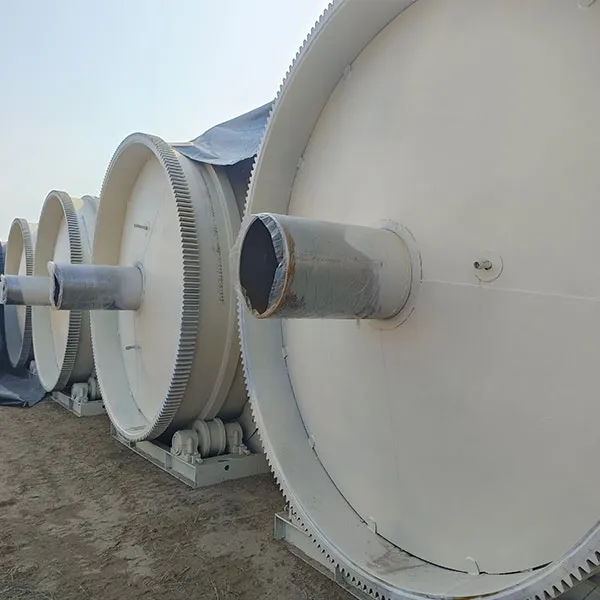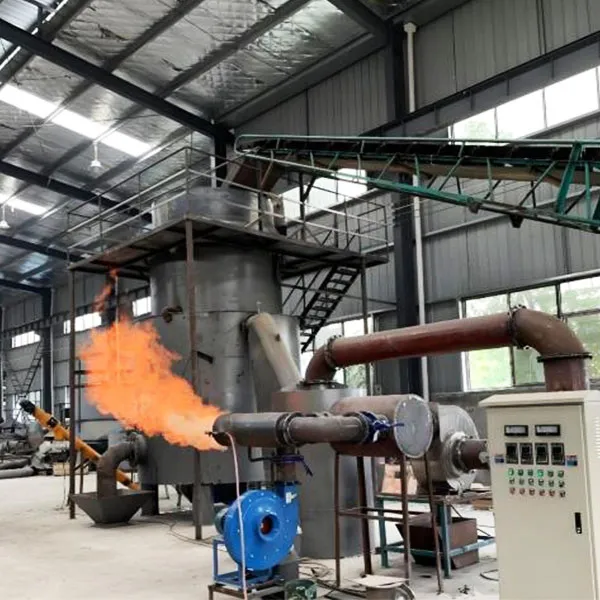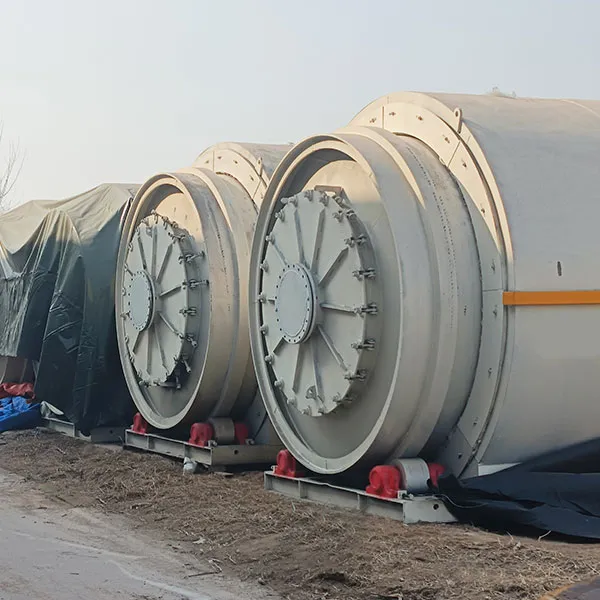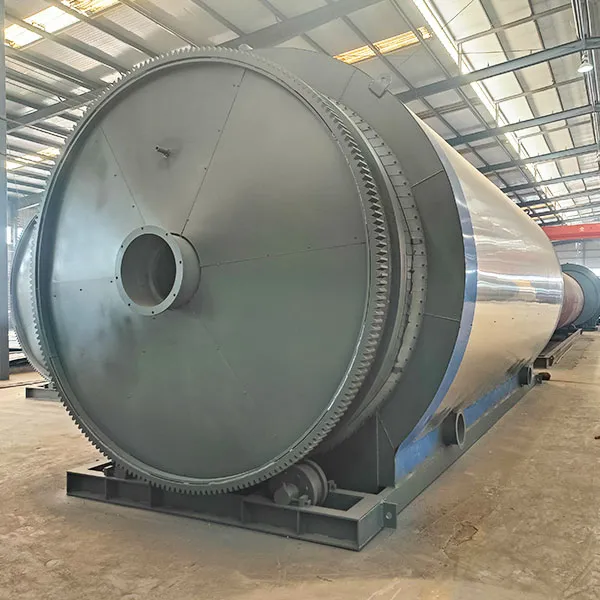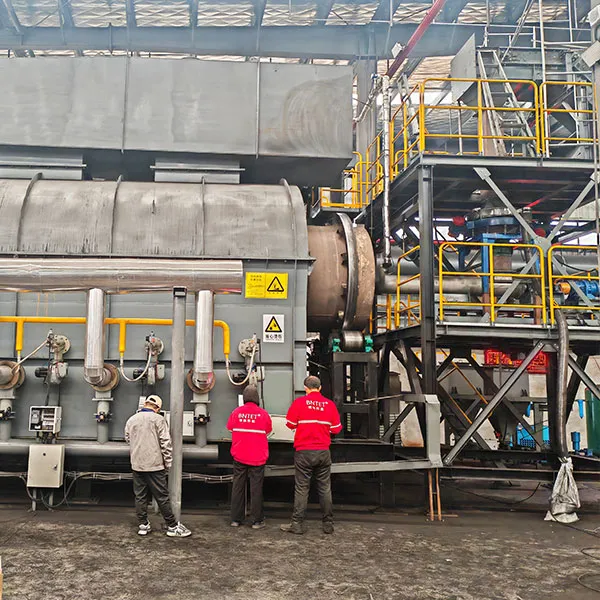How to start a tyre recycling business in south africa
2025-08-15 10:11:39
Starting a tyre recycling business in South Africa can be a profitable venture due to the growing demand for recycled rubber and the government's push for sustainable waste management. Here’s a step-by-step guide to help you get started:
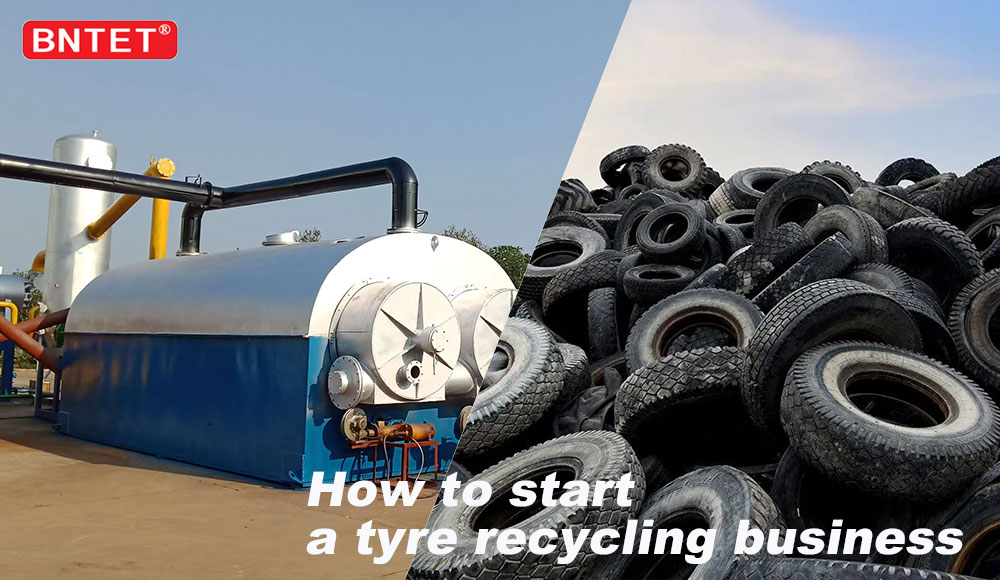
1. Research and Business Plan
Market Research: Understand the demand for recycled tyre products (e.g., rubber mulch, crumb rubber, tyre-derived fuel).
Competitor Analysis: Identify existing tyre recyclers in South Africa.
Business Model: Decide whether you’ll focus on shredding, pyrolysis (converting tyres to oil), or manufacturing new products.
Funding: Estimate costs (equipment, permits, labor) and explore funding options (banks, government grants, investors).
2. Legal Requirements & Permits
Company Registration: Register your business with the Companies and Intellectual Property Commission (CIPC).
Environmental Compliance: Obtain necessary permits from:
Department of Forestry, Fisheries, and the Environment (DFFE)
Local municipality waste management department
Waste Management License: Required under the National Environmental Management: Waste Act (No. 59 of 2008).
Tax Registration: Register for VAT and income tax with SARS.
3. Location & Infrastructure
Land & Zoning: Secure an industrial site with proper zoning for waste processing.
Storage & Handling: Ensure safe storage of used tyres to prevent fires.
Utilities: Reliable electricity, water, and waste disposal systems.
4. Equipment & Technology
Basic Setup:
Tyre shredder
Granulator
Conveyor belts
Baler (for compacting rubber)
Advanced Options:
Pyrolysis plant (for converting tyres into oil, carbon black, and gas)
Devulcanization machines (for rubber reprocessing)
Suppliers: Import machinery from China or Europe, or source locally.
5. Sourcing Tyres (Raw Material)
Partnerships: Collaborate with:
Tyre retailers & auto shops
Municipal waste collection programs
Scrap dealers
Collection System: Set up drop-off points or a collection fleet.
6. Processing & Recycling Methods
Mechanical Recycling: Shredding tyres into rubber crumbs for:
Playground surfaces
Sports tracks
Rubberized asphalt
Pyrolysis Plant: Heating tyres in absence of oxygen to produce:
Oil (for fuel)
Carbon black (for industrial use)
Steel wires (for scrap metal)
Retreading: Refurbishing used tyres for resale (if applicable).
7. Sales & Marketing
Target Customers:
Construction companies (rubberized asphalt)
Playground & sports facility developers
Manufacturers (rubber mats, flooring)
Export markets (if pyrolysis oil or carbon black is produced)
Marketing Strategies:
Online platforms (Google, social media)
Trade shows & industry events
Government tenders (waste management contracts)
8. Challenges & Solutions
High Initial Costs: Seek government incentives or partnerships.
Regulatory Hurdles: Work closely with environmental agencies.
Competition: Differentiate by offering specialized recycling services.
9. Government Incentives & Support
Check Green Fund or Department of Trade, Industry and Competition (DTIC) grants.
Waste Bureau’s Tyre Recycling Program may offer support.
10. Estimated Costs
| Expense | Estimated Cost (ZAR) |
|---|---|
| Machinery (shredder, granulator) | R500,000 – R2 million |
| Pyrolysis plant (optional) | R3 million – R10 million |
| Land & setup | R200,000 – R1 million |
| Permits & licenses | R50,000 – R200,000 |
| Operating costs (labor, utilities) | R100,000+ monthly |
Conclusion
Starting a tyre recycling business in South Africa requires significant investment and compliance with environmental laws, but it has strong growth potential due to increasing waste tyre volumes and demand for recycled products. Begin with a solid business plan, secure funding, and obtain the necessary permits before launching.


